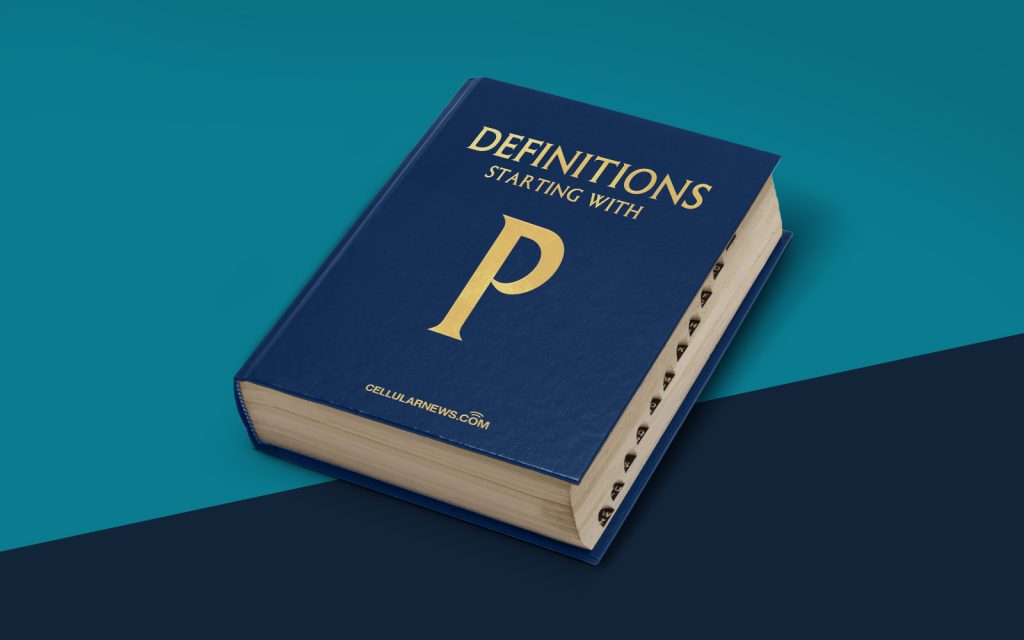
Unlocking the Mystery: Understanding Pascal
Have you ever heard the term “Pascal” and wondered what it actually means? Look no further! In this article, we unravel the mystery behind Pascal and explore its significance in the world of computing. So, buckle up and get ready for a journey into the realm of programming languages!
Key Takeaways
- Pascal is a high-level programming language named after Blaise Pascal.
- It is known for its simplicity, readability, and strong static typing system.
What is Pascal?
Pascal is a high-level programming language named after Blaise Pascal, a French mathematician, physicist, and inventor. Created in the late 1960s and early 1970s, Pascal played a crucial role in shaping the world of computer programming. It was designed to be efficient, reliable, and easy to understand, making it an excellent choice for beginners and experienced programmers alike.
Pascal is characterized by its simplicity and readability, allowing programmers to write clear and understandable code. It features a strong static typing system, which means that every variable and expression must be declared with their specific data type before they can be used. This promotes better code organization and helps catch errors at compile-time, reducing the chances of unexpected bugs.
Pascal also supports various programming paradigms, including procedural programming, object-oriented programming, and modular programming. This versatility makes it suitable for a wide range of applications, from simple command-line tools to complex software systems.
The Legacy of Pascal
The legacy of Pascal extends beyond its original purpose as a programming language. It served as a foundation for other languages and played a significant role in the development of modern computing concepts. Here are a few key areas where Pascal’s influence can be seen:
- Structured Programming: Pascal played a vital role in popularizing the concept of structured programming, which emphasizes the use of logical structures like loops and conditionals to improve code clarity and maintainability. This approach revolutionized software development and paved the way for more advanced programming practices.
- Object-Oriented Programming (OOP): Pascal was one of the first programming languages to support object-oriented programming, where code is organized into reusable and encapsulated objects. This paradigm has become the cornerstone of modern software development and is widely used in languages like Java, C++, and Python.
So, the next time you come across the term “Pascal,” you’ll have a better understanding of its significance. Whether you’re a programming enthusiast or simply curious about the world of computer science, Pascal is a fascinating language that has left a lasting impact on the field.
Now go forth with this newfound knowledge and explore the world of programming in all its glory!
